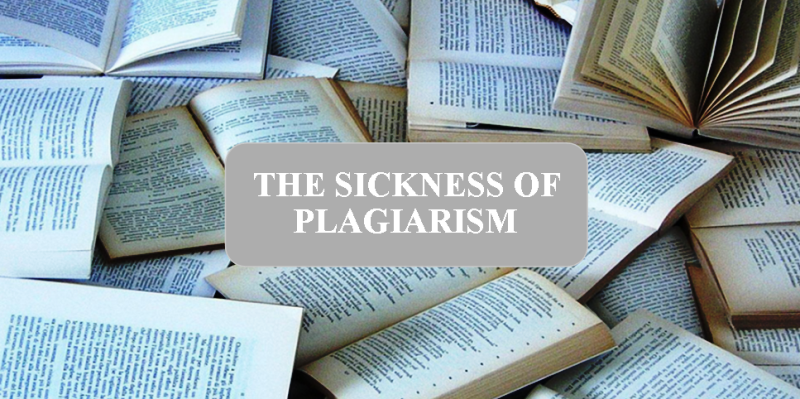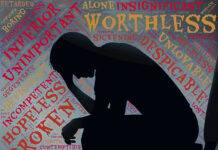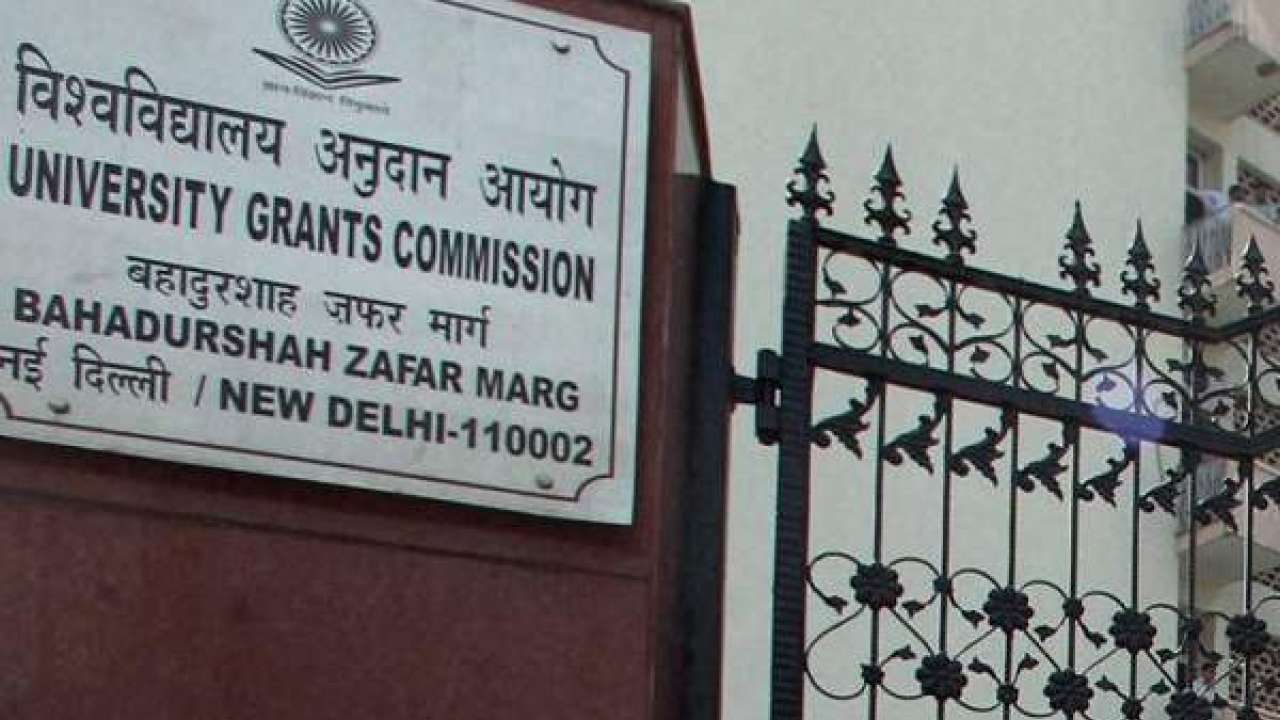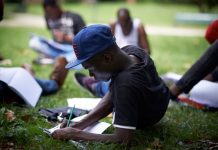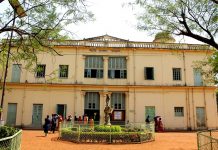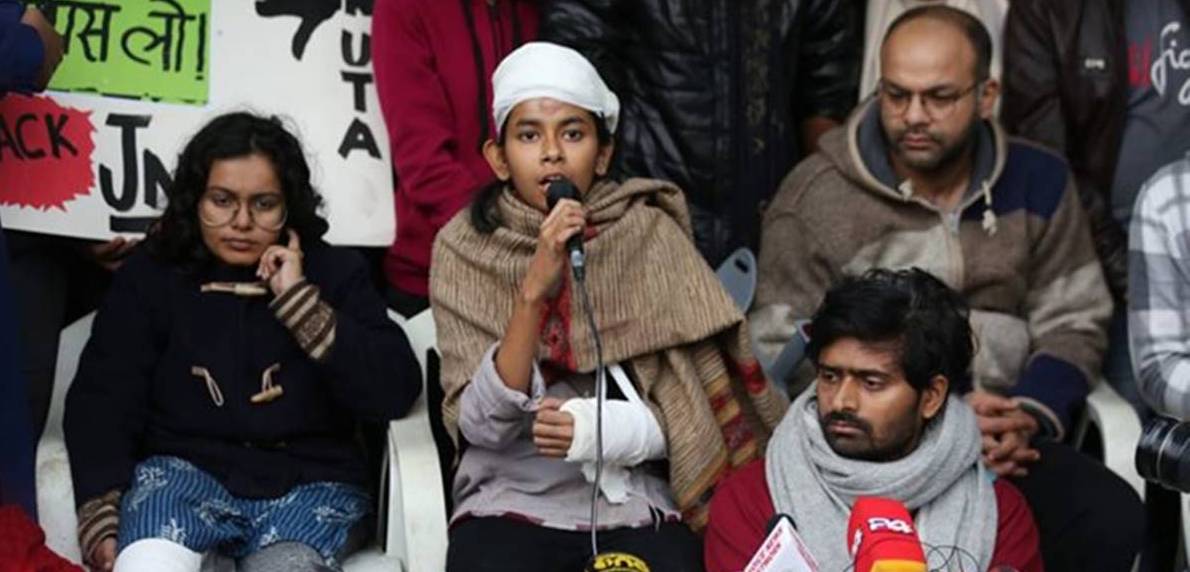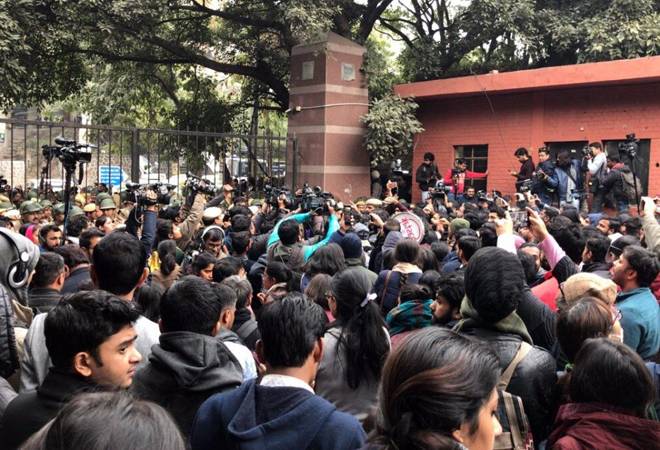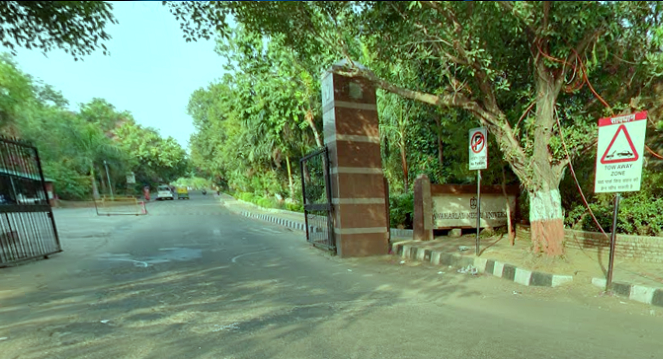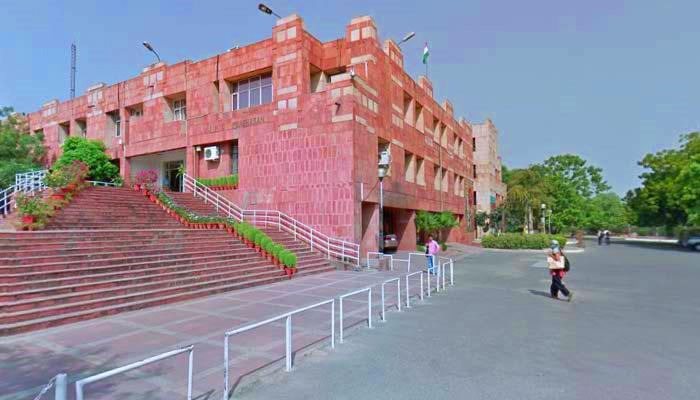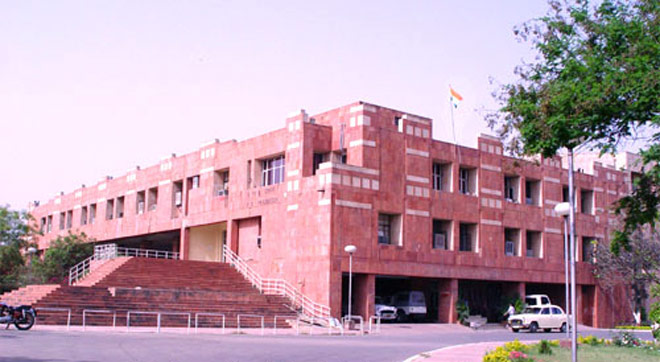Lately an online news website published an exhaustive report on plagiarism – particularly, the way some newly appointed JNU teachers have be found to be plagiarising their major works.
Editorial Team

A report of this kind shocks us and it also reveals the crisis confronting the academic life. Here we are not going to evaluate the specific cases that the website has pointed out. Instead we wish to go deeper into the phenomenon called plagiarism which seems to be quite frequent these days. Why is it so? We believe that there are primarily three reasons this sad state of affairs.
First we need to ask ourselves whether our educational institutions take us to a situation in which originality is discouraged and some sort of plagiarism –legitimate or otherwise – is encouraged. For instance schools for all practical purposes bombard the child’s mind with all sorts of information and bookish knowledge: seldom is the child encouraged to think independently engage meaningfully and critically with the books and sharpen her own style of oral/written articulation. And when they come to colleges or universities they are repeatedly told by their professors that what is important is to accumulate bookish knowledge. In fact if a young learner decided to write a paper through her rich experiences, observation, theoretical understanding and analytical framework there is a possibility that she will be discouraged by the faculty. No wonder particularly in the domain of the social sciences we see a new kind of sickness – almost neurotic obsession with references. Even in fancy universities students learn to be clever: they develop a technique of writing an attractive paper with highly orchestrated and ornamental language and impressive references.
When one looks at these papers one realises that a sophisticated parrot is uttering the borrowed languages. But now with a ‘legitimate style’- right reference, right citation, right page numbering. The question is whether our thinking itself is plagiarised in an academic culture that encourages plagiarised thought (in an erstwhile colonised country like India it is almost taken for granted that knowledge is in no way traffic and sociology for instance means primarily Durkheim, Weber and Marx or gender studies implies invariably Simon de Beauvoir , Juliet Michel and Judith Butler and academic style means the style of foreign journals and foreign publication houses), and discourages innovative experimentations in reading, writing, thinking and style or articulation.
It is sad that when plagiarised thought is encouraged we are trying to combat plagiarism through highly mechanical, computerised, technical devices. This is absurd. Second in the age of information revolution when Google and Wikipaedia have become the most easily available source of all sorts of ‘knowledge packages’ we find ourselves in an ambiance which makes plagerism more easy and tempting. What is popularly known as cut and paste becomes the usual practice of writing term papers, dissertations and thesis. No wonder, we see a huge gap between what one writes in a paper and the way one actually thinks or speaks.
A sensible teacher could immediately realise that the written discourse is extremely inauthentic; neither the language nor the vocabulary is his/her own. That is why these days it is becoming extremely difficult to find uniqueness in produced research papers, edited volumes and books. The style is similar, references are standardised and arguments are predictable. Some are caught and some are sophisticated enough to evade. Third we also need to see the effect of the culture of ‘publish or perish’ syndrome. As academic performance is measured and there is rush for all sorts of publication for career upliftment , heavy pressure is put on all of us. We tend to become article/book producing machines. We write more than what we are capable of. This constant performance anxiety leads to a situation that promotes this unholy practice of plagiarism.
None is free from this-neither leftist nor rightist scholars it is a disease that seems to have effected all of us if we are truly sincere in fighting the pathology of plagiarism we need to rethink education we have to arouse self-confidence in each learner’s mind that he/she matters his/her experiences count there is no uniform style of writing books are friends not constraining objects references are required when necessary and bibliography is not the substance of a work and above all a small thing done with authenticity is much more important than a spectacular publication but heavily plagiarised in subtle or crude ways.
***

